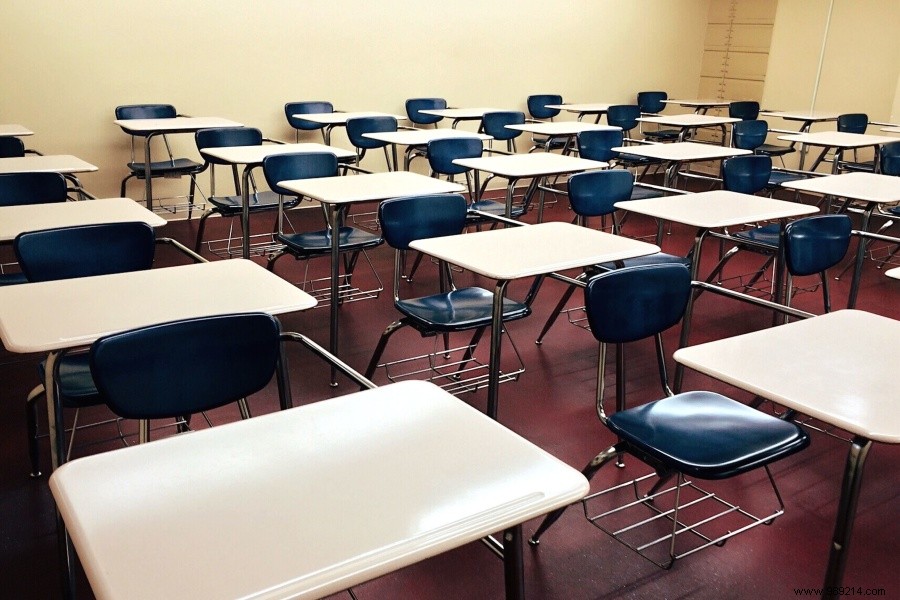The Covid-19 pandemic has caused schools to close around the world. According to the World Bank, this threatens to erase the progress made over the past decade in education and health. Obviously, the poorest countries are more exposed to this risk.
"Human capital is absolutely vital for the economic and financial future of a country", said David Malpass, President of the World Bank, whose remarks were relayed by France 24 on September 17, 2020.
The interested party spoke on the occasion of the publication of the latest edition of the Human Capital Index. Among other things, this index measures the level that a child born today could reach by the time they turn 18, based on the education and health services of their own country. According to the report, the gains of the last decade may be canceled due to the current coronavirus pandemic.
In order to measure human capital, the World Bank takes into account three factors . These are the survival of a child until the age to go to school, the duration of his schooling and the nature of his achievements as well as health. This third factor raises the following questions:will the child be in good health when he leaves the school system? Will he be able to continue his studies and will he be ready to enter the labor market as an adult?

You should know that this 2020 edition of the Human Capital Index brings together data from 174 countries, representing approximately 98% of the world's population. According to the results, most countries made steady progress in terms of human capital before the current pandemic. However, the greatest progress is in low-income countries. However, even in these countries, a child born today could expect to reach only 56% of its human capital potential in relation to a healthy child with the correct level of education.
The report explains, however, that with the global Covid-19 pandemic, inequalities between children will widen again. An estimated one billion children are out of school due to the current health situation. In addition, the shortfall represents billions of dollars due to the reduction in learning but also school dropouts. In addition, no less than 80 million children would not benefit from essential vaccines and would therefore be even more vulnerable.
In addition, the report mentions an impact affecting girls disproportionately. But before, the inequality of opportunity between girls and boys was already fragile. This is a major concern. In general, girls perform better in terms of human capital. On the other hand, the latter have an employment ratelower by 20% on average compared to boys.
The World Bank wants to try to solve the problem of school dropouts by launching programs in the poorest countries. It's about restarting the learning process by acting on the reopening of schools, equipment but also distance learning devices.